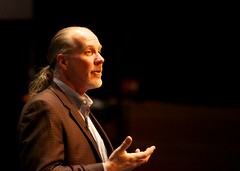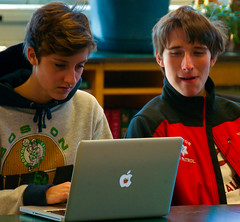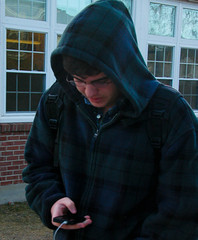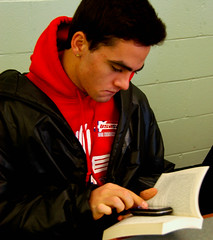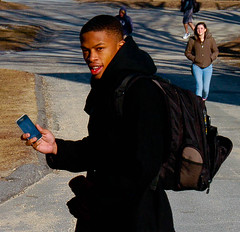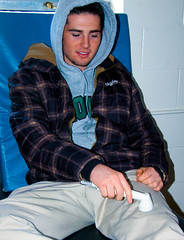We return to bitter cold!
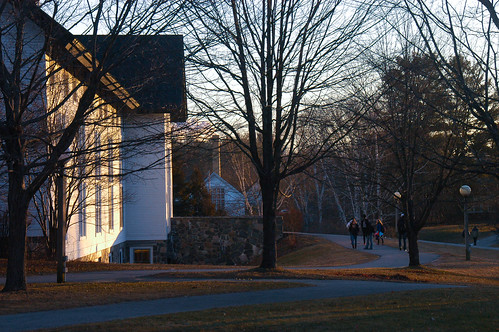
Perfect for making snow at Proctor Ski Area.

While faculty benefit from professional development initiatives throughout the year, each January we convene for an annual, all-faculty event while boarders are returning to campus. This year, author/ed-tech futurist
Will Richardson delivered an inspired introduction to the challenges and opportunities provided by new realities in education. The fact that every student with a smartphone can instantly access factual information renders obsolete entire state-established curricula which--in too many instances--assess knowledge with multiple-choice exams.
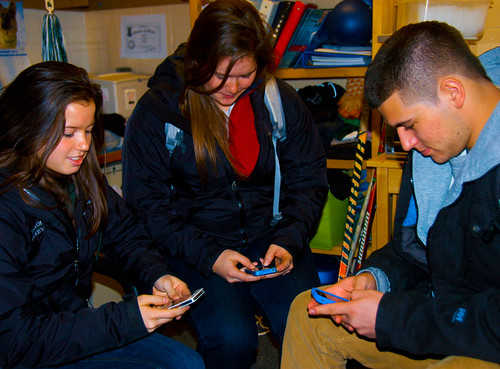
Our ability to Google information means that the mission of many schools needs to evolve, because education in the Twenty-first Century demands skills that transcend recall of state capitals, the periodic table, and details of the Battle of Hastings.
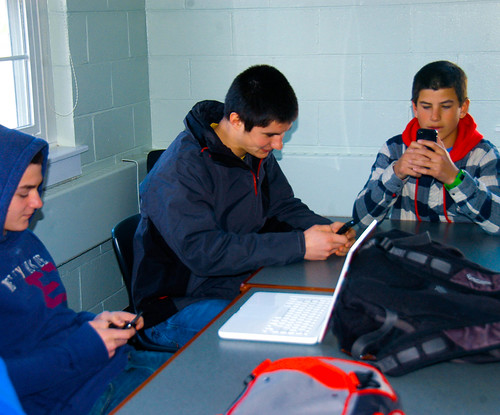
Networked as we suddenly are, the definition of education changes, and institutions that fail to recognize this will fail. Education now must relate to the world our students will inherit, a world in which the ability to synthesize concepts and apply new ideas to new ideas is the new currency. Knowing lots of stuff used to matter. Today, every student's smart phone is an encyclopedia. The rules, goals and outcomes of education have changed.
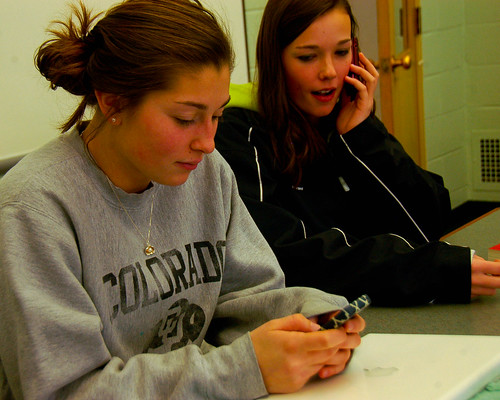
As Richardson points out, this is no reason for despair, although some will struggle with the titanic change implied. He calls for an educational vision in which college preparation is a possible--but not obvious--goal, and I think we agree that life education is our ultimate mission. In addition, the technology our students enjoy is not going away; in fact, today's stunning media will soon be obsolete. The question is: How will we--as educators--capitalize on current opportunities?
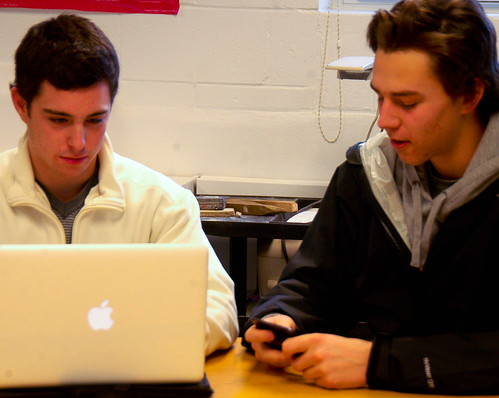
The truth is that our educational system evolved out of scarcity. Scarcity of teachers, scarcity of information, scarcity of curricula.
None of those scarcities exist today. Anyone can enroll (for free) at programs from the world's most prestigious institutions (including MIT). Our entire educational model was built on a foundation that has collapsed. That's not bad for schools that are positioned for services that transcend traditional education, but--as Clay Shirky posits, "Institutions will try to preserve the problem to which they are the solution."
That means that educational institutions--which should be the vanguards of creativity, innovation and change--can be the opposite. I recall hearing the Head of a prestigious prep school declare, "We don't allow cell phones." I wonder if that policy has changed since cell phones became social media terminals. Will Richardson argues that social media is the media of education. We can connect with everyone. Now.

None of this new reality threatens schools that innovate or provide services that are in demand. Those services might include qualities such as safety (a huge new issue for families considering schools,) specific programs (no need to elaborate here,) peer group (related to safety, perhaps) and positive relationships with adults.

Here's an example of techno-flux: In order to teach this math segment on variable tables for telephone calls, Lindsay needs to provide a history lesson. Once upon a time, there were "telephone booths." People made "collect calls."
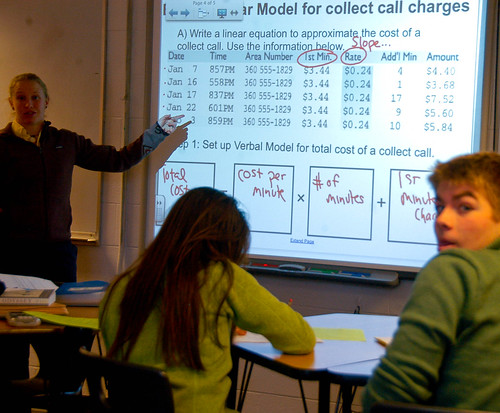
Are you with me, or following?!
















